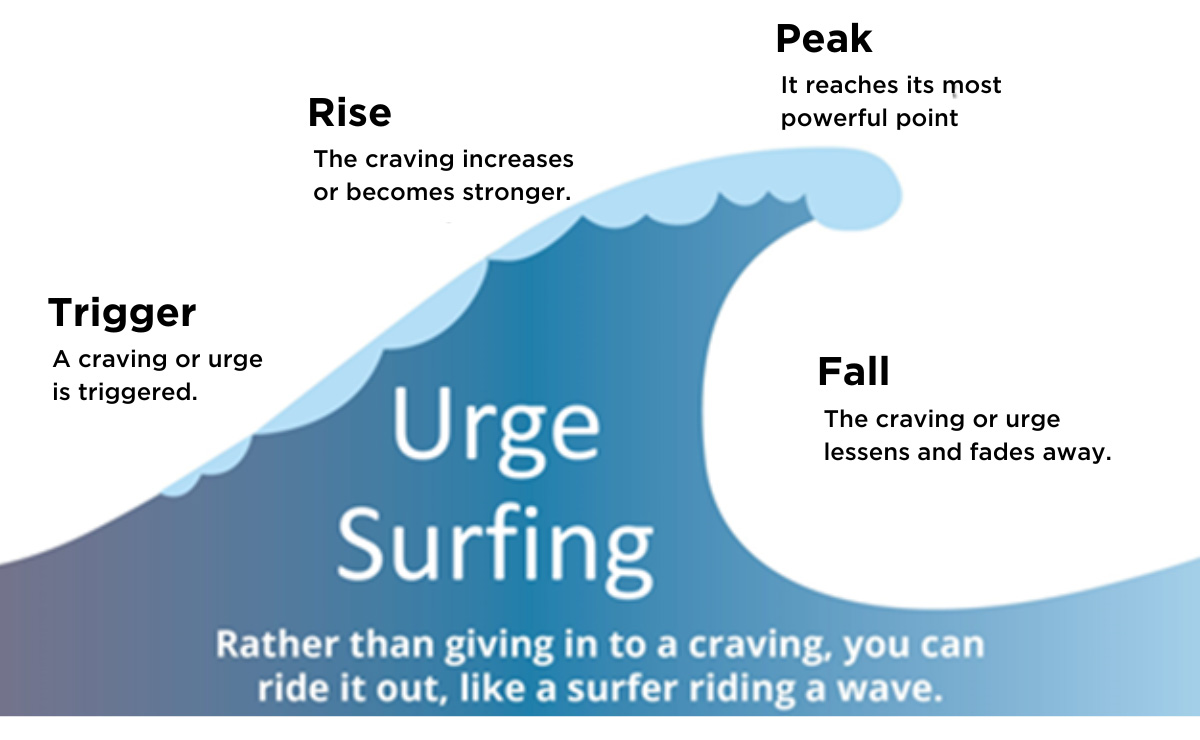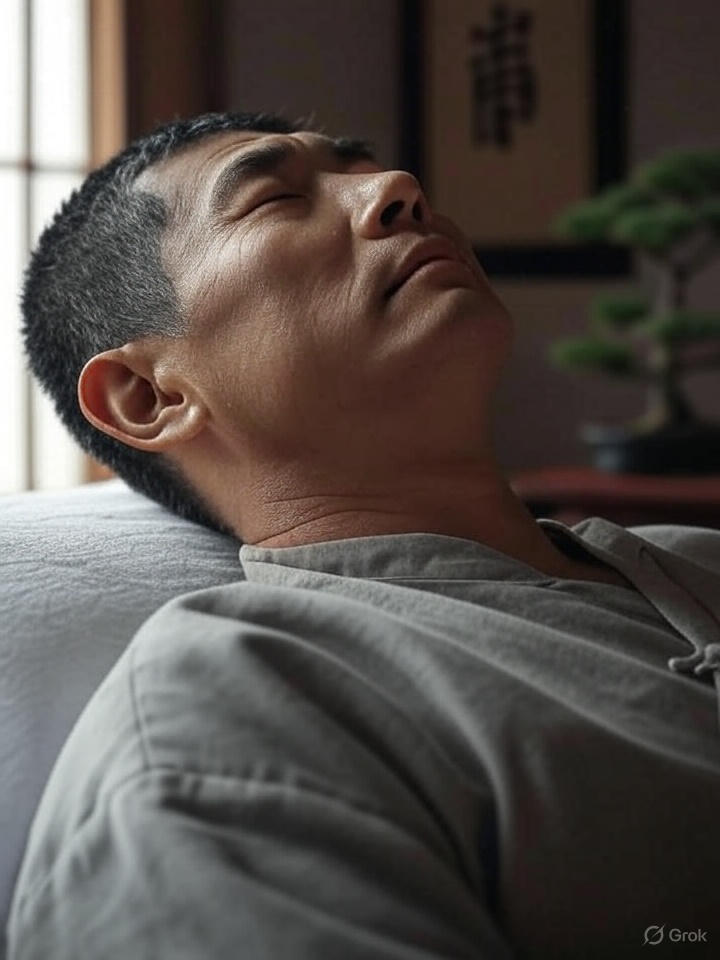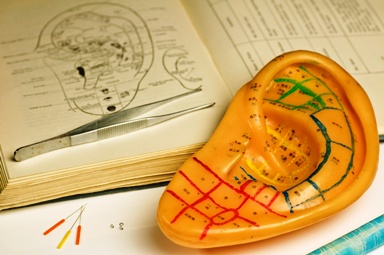Book Treatment Now

Urge Surfing Your Craving Away
Urge surfing is a technique that helps you manage cravings skilfully and effectively as a key part of successful relapse prevention.
Cravings are often the most intense and difficult part of addiction recovery. The desire to relapse can be at once both overwhelming and subtle, flooding with thoughts and urges that sap willpower. The difference between success and failure in recovery and can be a key part of relapse prevention.
Our intuitive reaction, to fight urges, tends to feed cravings and increase chances of relapse. The mindful practice of urge surfing is a very powerful tool in facing cravings and learning to live with it through the recovery journey. In embracing or observing cravings, urge surfing allows one to better understand and overcome these urges, with minimal discomfort.
Healing Emotional Trauma
Pioneered in the ‘80s by late psychologist Alan Marlatt. The urge surfing technique is now accepted, as a very real and effective tool in relapse prevention. Its effectiveness has been reported in a number of studies.
Addictive behaviour is mostly rooted in an emotional trauma of some type. Be it a loss in the death of a loved one, coming to terms with limitations set by chronic health problems, or the end of a relationship. People who have suffered a loss can numb their grief by turning to drugs, alcohol, food, sex, gambling, shopping, etc. This postpones the healing and can drive one further into addiction.
To assist in acknowledging the emotional trauma that triggered the addiction, and support in forming new habits consider AcuDetox treatment.
Knowing that an urge seldom lasts longer than half an hour, one can “ride out” the urges by becoming more aware of their transient nature. The trick is to not fight or suppress cravings. But instead, to learn a technique to experience a craving fully, robbing the craving of its power over you.
Urge surfing is a relapse prevention technique based on the principles of mindful meditation. By paying mindful attention to what a craving actually feels like, through maintaining awareness of the craving on a moment to moment basis … avoiding passing value judgements about what you are experiencing (this is good, this is terrible, this will never end etc.) you learn to ride over waves of cravings eliminating the craving of much of their power.
 To Practice Urge Surfing:
To Practice Urge Surfing:
- Begin by sitting comfortably and bring your attention to your breath…. It may help to close your eyes…
- You need to come to a place of observation and awareness. As you focus on your breath, slowly become consciously aware of your urge. Be an observer, not a participant of the urge.
Allow the urge to increase in its strength naturally… Let it behave in its natural way… As your awareness catches this urge, it may help to say to yourself “my brain and body is sending me an urge, I do not have to react to it or fight it.”… - Now scan your body. Take note of what part of the body and in what way the urge is manifested… Starting from the souls of your feet to the top of your head to identify what parts of the body the urge impacts… It can be in several places or just one place… It could be in your hands, do they feel sweaty?…. Or it could be in your tongue… Is your mouth salivating?… Is your heart racing?
- Do not judge the observations. Simply observe and note them. An urge usually lasts no more than 20–30 minutes.
As you learn to experience your cravings in this mindful way. Without judging and without giving in. You will find that the frequency and intensity with which you experience them will diminish in time. By learning the Urge Surfing way to experience cravings, you learn a valuable skill in overcoming them.




I really appreciate the insight into urge surfing and how it reframes our relationship with cravings. It reminds me of mindfulness practices, where instead of resisting uncomfortable emotions, we learn to observe and sit with them. I’ve found this approach can be liberating—not just in recovery, but in everyday life as well. For instance, when I feel anxious about a deadline, instead of pushing the feeling away, I’ve started to acknowledge it without judgment.
The concept of urge surfing as a strategy in addiction recovery resonates deeply with me, especially considering the inherent struggles many face when grappling with cravings. It’s intriguing how our natural tendency to either ignore or fight these cravings often exacerbates the situation, leading to a cycle that can feel inescapable.
The concept of urge surfing really resonates with me, especially the idea that fighting cravings can often amplify them rather than diminish their power. I’ve personally found that acknowledging and observing my cravings—almost like watching a wave build and then recede—can create a sense of distance from those urges. It’s like understanding that cravings are fleeting and won’t consume me if I allow them to pass.